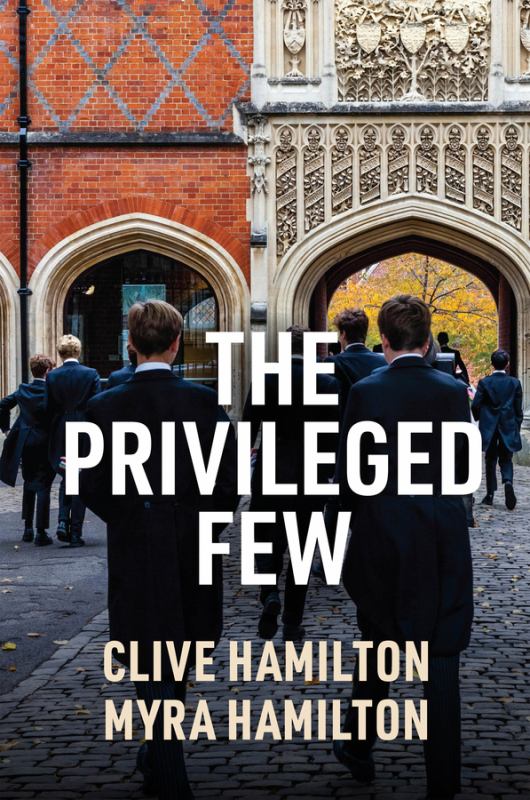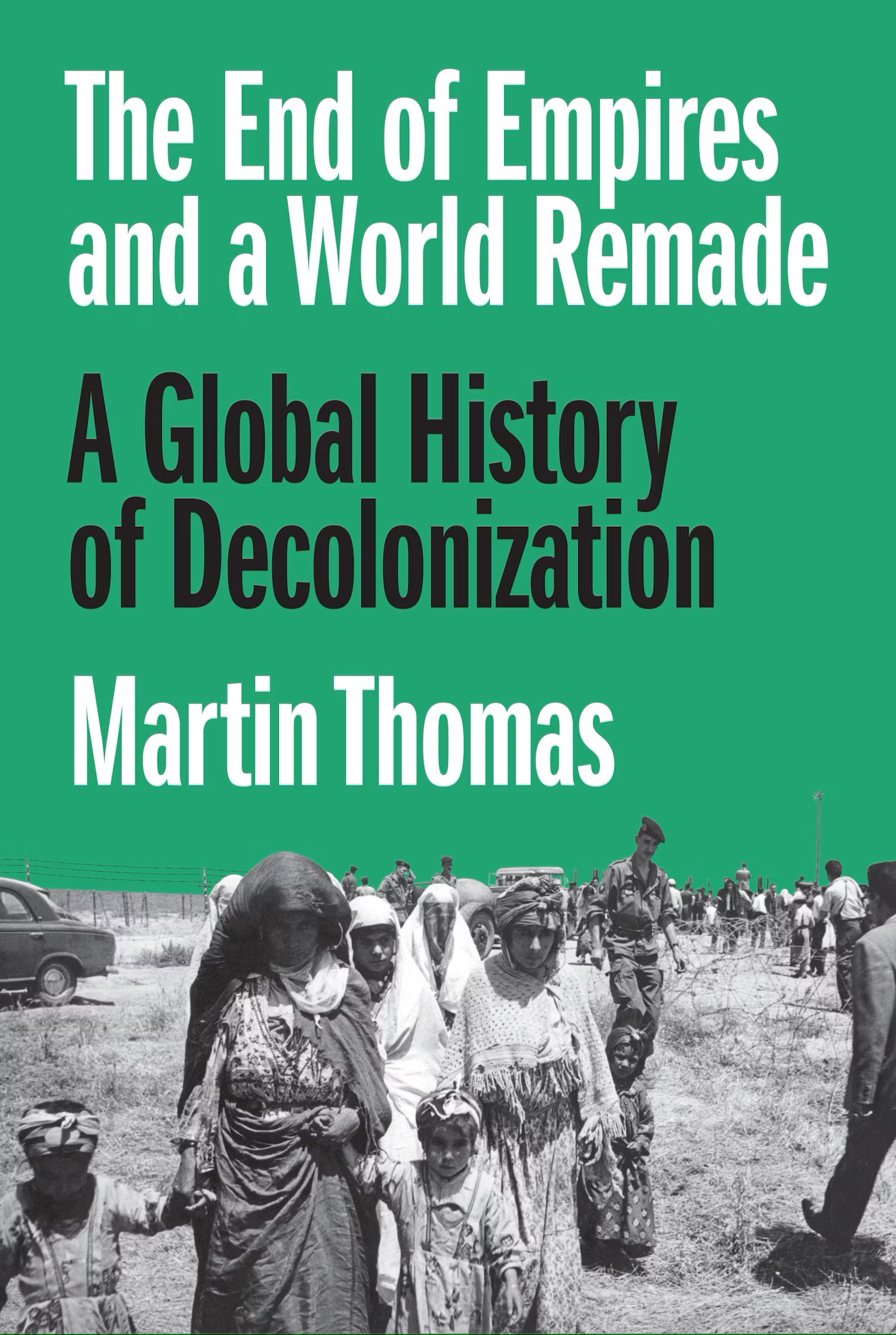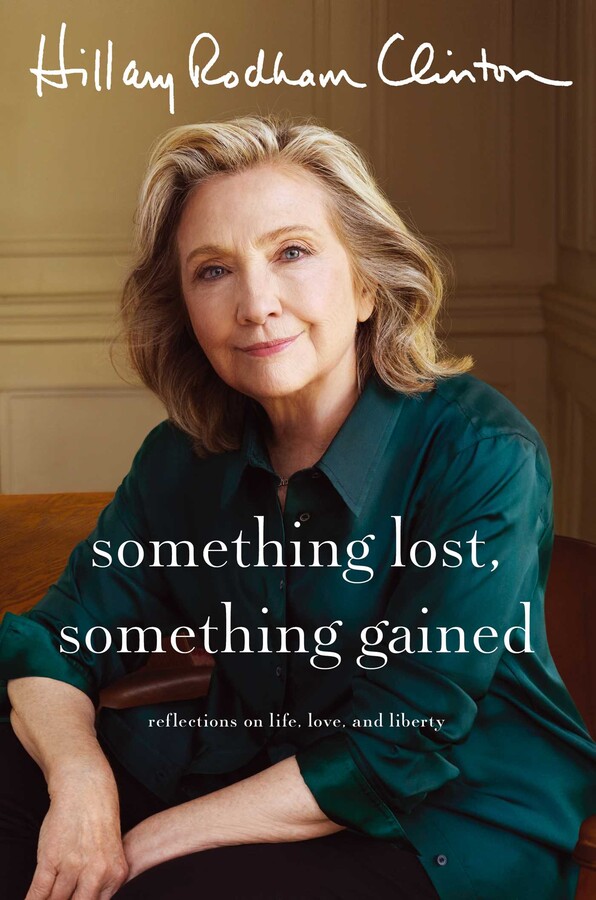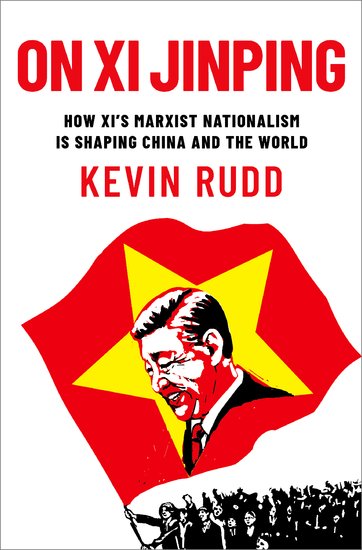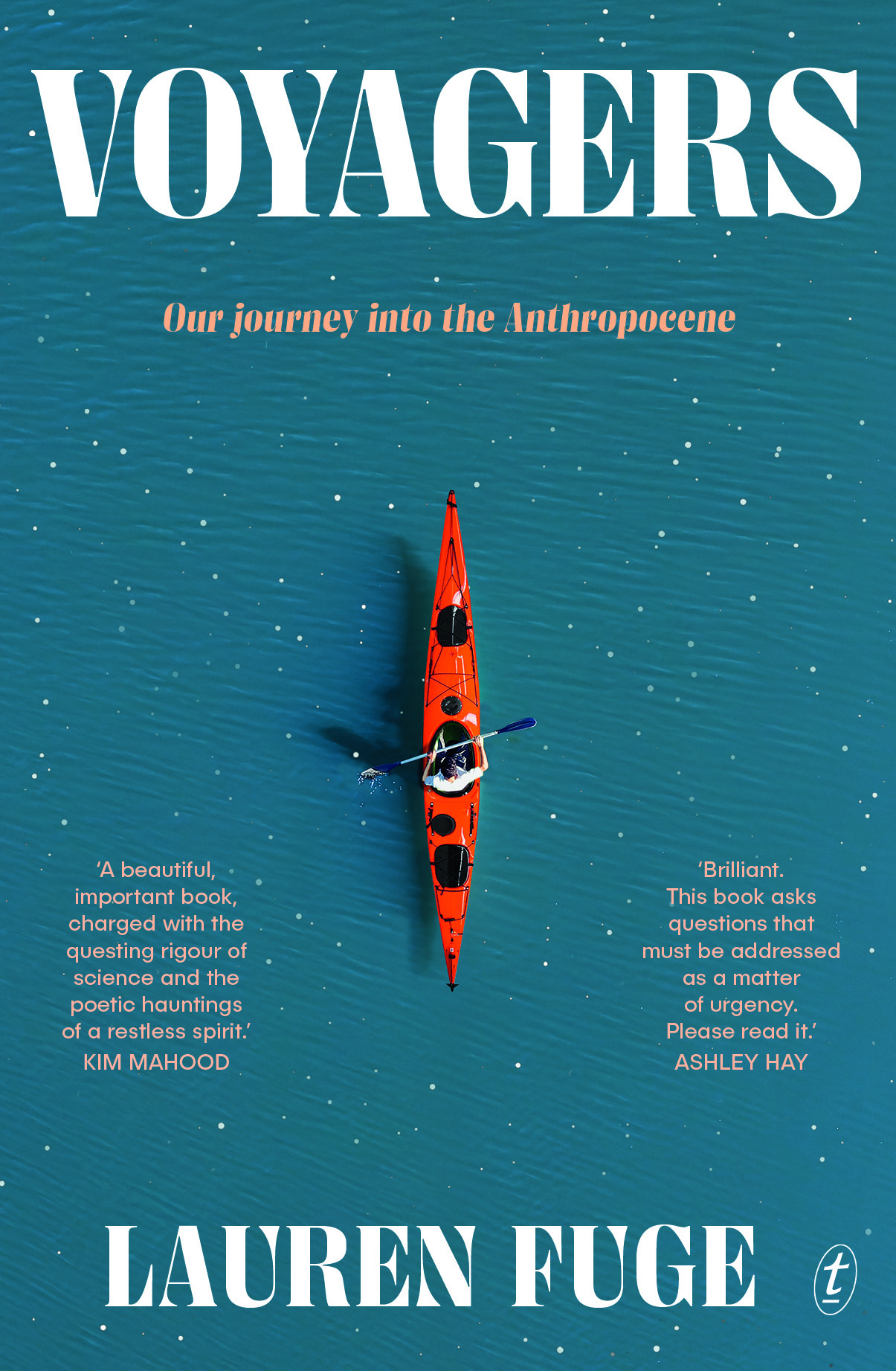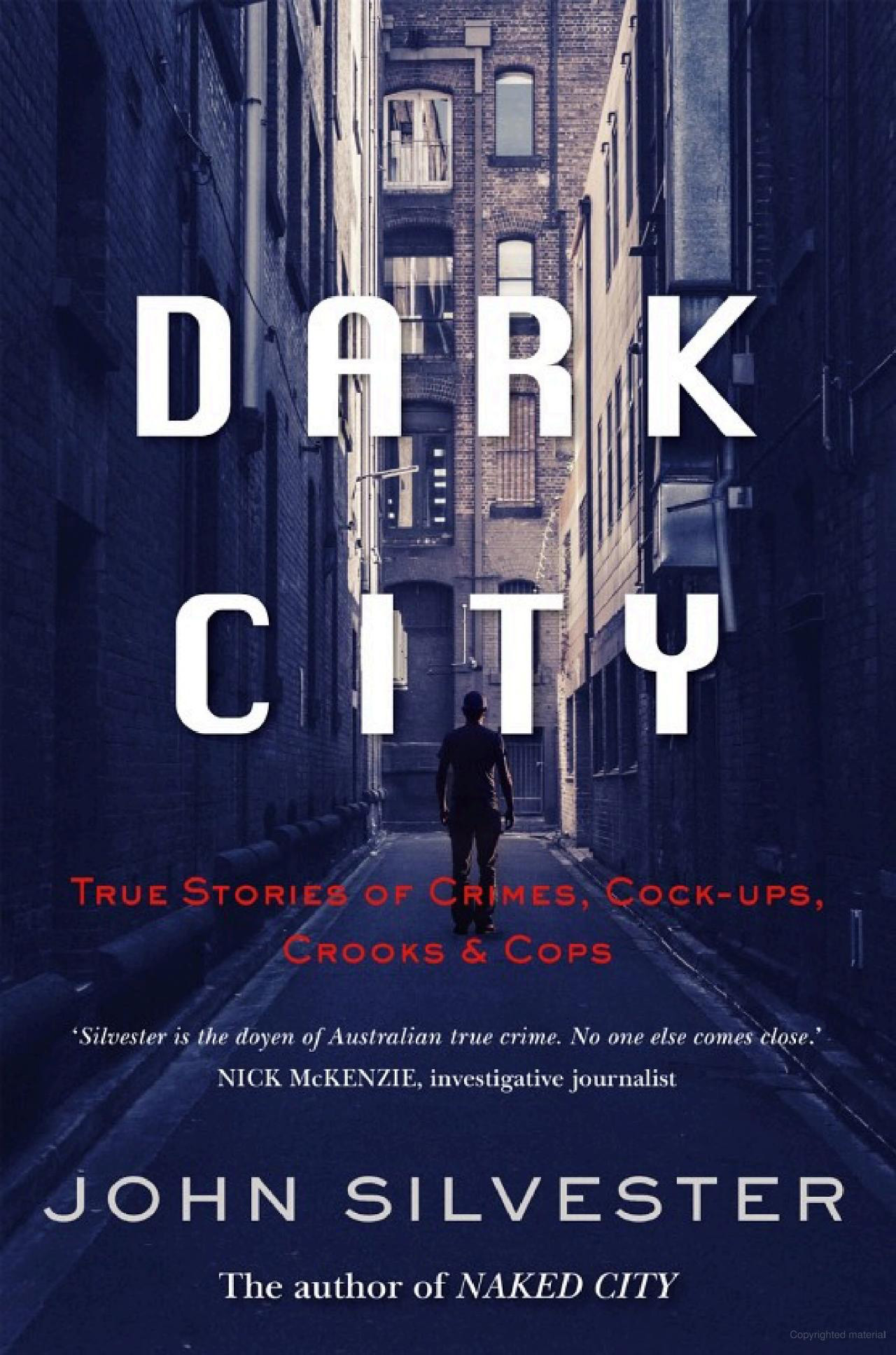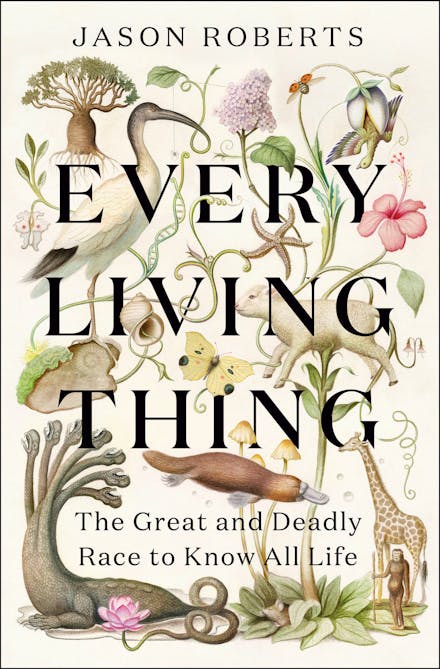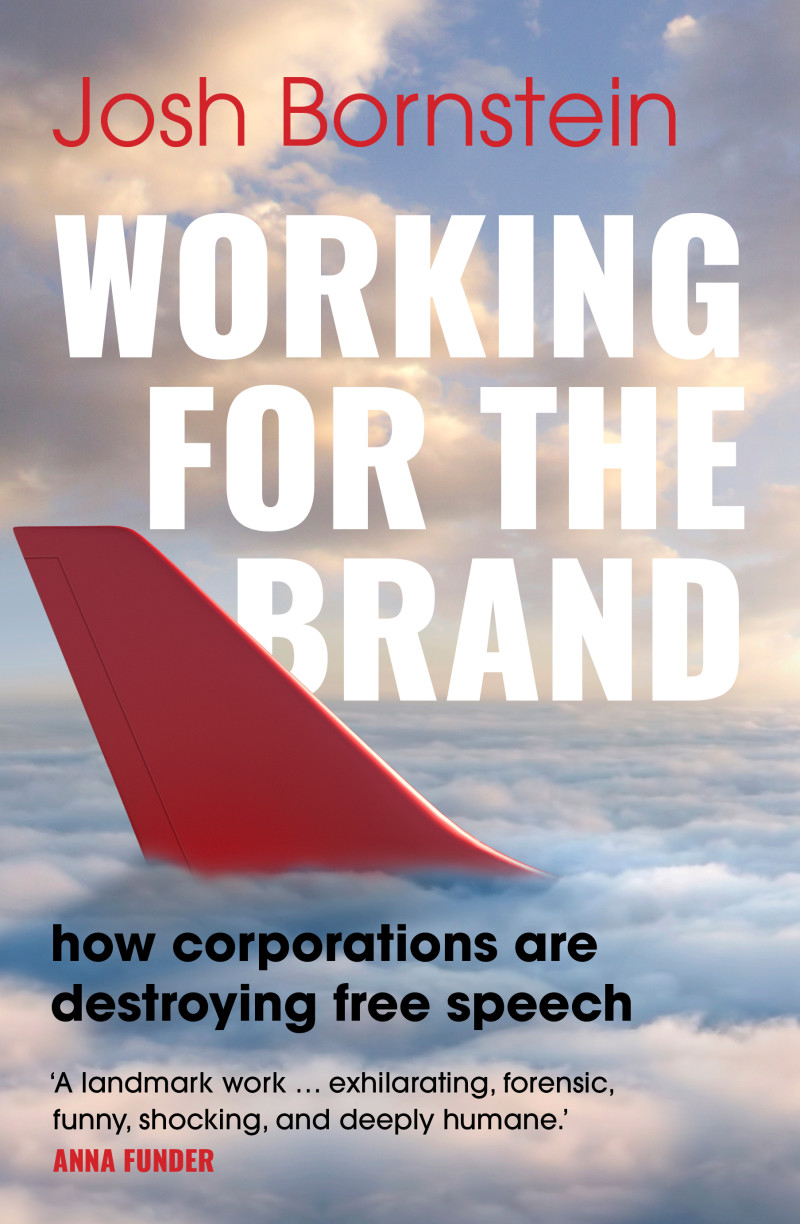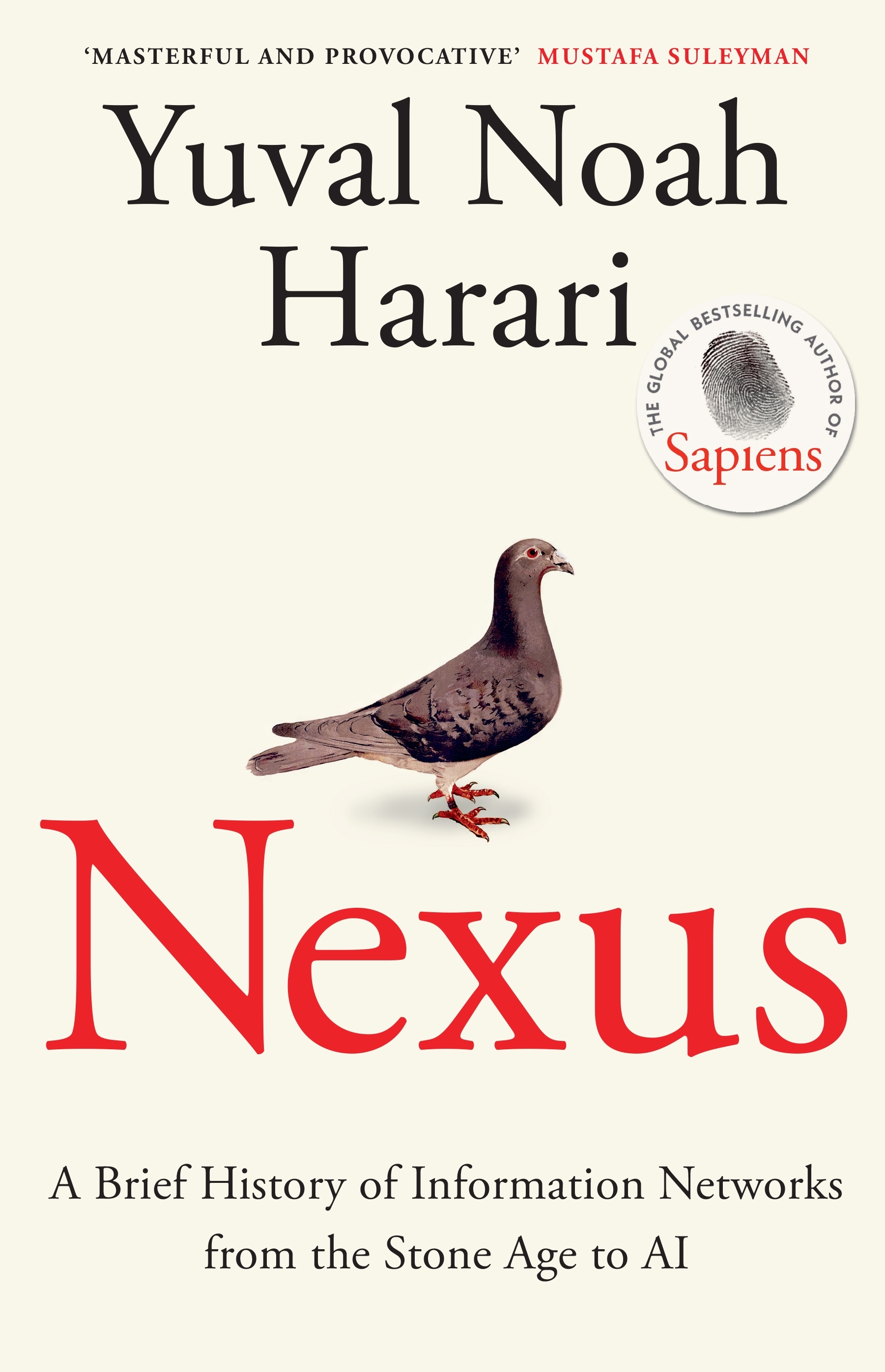Non Fiction
This new book by Clive Hamilton and Myra Hamilton provides a detailed and elegantly written analysis of the nature and causes of inequality in Australia – a problem that has increased markedly over the past forty years. The study focuses on the role of élite privilege, rather than on wealth itself. The authors assert that élite privilege – which they regard as a species of advantage distinct from that of male and racial privilege – has not been sufficiently theorised and, more importantly, is hidden in plain view. The aim of the book is to ‘make visible the practices, beliefs and attitudes that characterise elite privilege and allow its reproduction’. A large part of the book, written by this father and daughter team, is concerned with demonstrating the ways in which the non-meritocratic nature of Australian society is systematically concealed.
... (read more)The End of Empires and a World Remade: A global history of decolonization by Martin Thomas
The End of Empires and a World Remade is Martin Thomas’s magnum opus. Subtitled ‘A global history of decolonisation’, it is more than 600 pages long, of which nearly 300 pages consist of Notes and Bibliography covering more than 2,000 articles and books. The overwhelming majority of these were published in the twenty-first century – an indication of the burgeoning academic interest in decolonisation.
... (read more)Something Lost, Something Gained: Reflections on life, love, and liberty by Hillary Rodham Clinton
For Hillary Rodham Clinton’s admirers, Something Lost, Something Gained cements her place in America’s political pantheon. For her detractors, well, it probably confirms their view. When autobiography morphs into autohagiography, the result is always the same – self-promotion and self-justification become coterminous. Anodyne description masquerades as deep insight, and triviality promotes the Panglossian self-satisfaction that denies the reader any insight into how the author overcame more than her fair share of embarrassment and setbacks.
... (read more)On Xi Jinping: How Xi’s Marxist Nationalism is shaping China and the world by Kevin Rudd
How does Xi Jinping think? China’s leader since late 2012 is one of the most important but least accessible people in the world. He does not give interviews. His lieutenants do not leak to reporters. His associates do not write tell-all memoirs. The Chinese Communist Party is a secretive organisation that dominates the country’s information ecosystem by censoring speech and crushing dissent. We therefore know precious little about how decisions get made in Beijing.
... (read more)It is rare to encounter spacecraft in nature writing. Indeed, most definitions of nature confine it to Earth’s boundaries. A few pages into Lauren Fuge’s book, we are treated to the image of two Voyager space probes, more than sixteen billion kilometres from the Earth and ‘driven by the most ecstatic imaginings of human exploration’. This is a mark of Fuge’s ambition. She is as comfortable crossing the frontiers of interstellar space as she is describing oystercatchers pattering feather-light in the sand.
... (read more)Dark City: True stories of crimes, cock-ups, crooks and cops by John Silvester
In 2020, John Silvester posed for a portrait by the artist Mica Pillemer. The picture is an arresting one: Silvester, in business attire, posing as a boxer. Behind him, the walls are plastered with newspapers and posters, a testament to his more than four decades of experience as a Melbourne crime reporter. His fists are raised, his dark eyes hold the viewer’s, his mouth is upturned with the faintest crook of a smile.
... (read more)Every Living Thing: The great and deadly race to know all life by Jason Roberts
There is something intrinsically appealing about patterns and order. Give a child a tin of buttons and they will immediately organise them by colour, size, or shape. Collect a bucket of shells from the beach and most people do the same thing. Some might choose the prettiest, largest, and most striking representatives of each type and display them prominently; others might cluster them by species and grade them in their variations from smallest to largest, darkest to lightest. Few will give much thought to the creatures that once inhabited them, the environments they came from, or how they lived.
... (read more)
A Voyage Around the Queen begins with the announcement in the London Gazette on 21 April 1926 of the birth of Princess Elizabeth Alexandra Mary, and ends with a minute-by-minute account of the goings-on in Balmoral on 8 September 2022, Elizabeth II’s last day on earth. The 650 pages in between document the main events of the queen’s life, but the book is not a biography. As with Craig Brown’s earlier Ma’am Darling: 99 glimpses of Princess Margaret (2017) and One, Two, Three, Four: The Beatles in time (2020), what he has put together is closer to mass observation, but it might also be filed under anthropology (‘the whole institution’, said David Attenborough ‘depends on mysticism and the tribal chief in his hut’), psychology (she was ‘the Queen of the British psyche’, says Brian Masters), or even zoology (Virginia Woolf, Hilary Mantel, and Prince Harry have each, independently, compared the royal family to pandas in captivity).
Working for the Brand: How corporations are destroying free speech by Josh Bornstein
In November 1997, Bryce Rose was travelling for work in northern New South Wales. Rose was a technical officer with Telstra, and his help was needed in the Armidale area to address a surge in reported faults. Required to spend a few nights away from home, he arranged to share a hotel room with a colleague. On the third night, the pair went for dinner and then on to a nightclub. Much alcohol was consumed, and there was an altercation between them. Around 3 am, Rose returned to the hotel room, only to find the other man waiting for him. The furniture had been rearranged to create a space in the middle of the room. ‘Well, that’s your boxing ring if that’s what you want, mate,’ Rose’s colleague told him. There was a scuffle, and Rose began bleeding. He ultimately needed twelve stitches at the local hospital. Rose appears to have been the more innocent of the parties; his colleague was later convicted over the altercation.
... (read more)Nexus: A brief history of information networks from the Stone Age to AI by Yuval Noah Harari
A book connecting Artificial Intelligence with storytelling around a Stone Age campfire certainly piqued my interest, especially given the stratospheric success of its author’s earlier works. Indeed, historian Yuval Noah Harari’s Sapiens (2011) was so successful that in 2019 he and his husband, Itzik Yahav, cofounded ‘Sapienship’, an initiative advocating on global challenges through focused conversations and global responsibility. In this spirit, Harari’s latest book, Nexus, focuses on the AI revolution. His Homo Deus (2015) also tackled this theme, but here Harari recapitulates ideas from both these earlier books and then develops them using an innovative framework that reviews history in terms of the impact of information networks. It is the relaying of information, says Harari, that connects Stone Age storytellers and AI.
... (read more)
